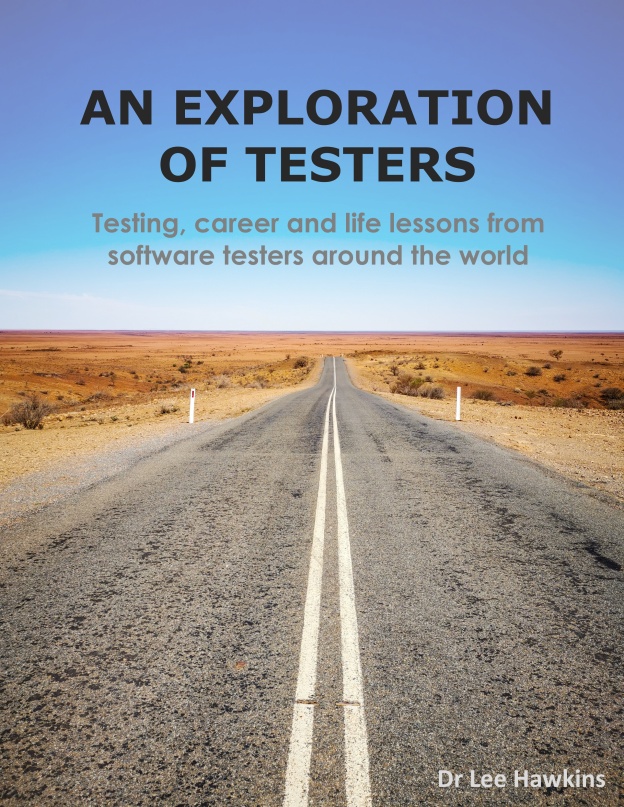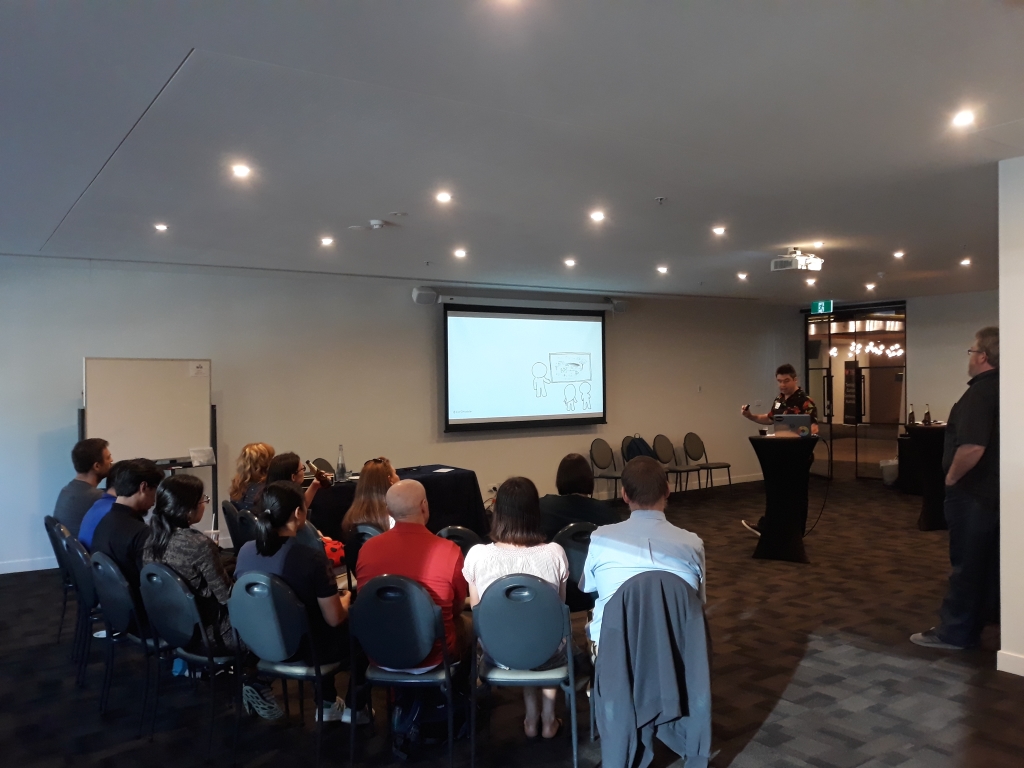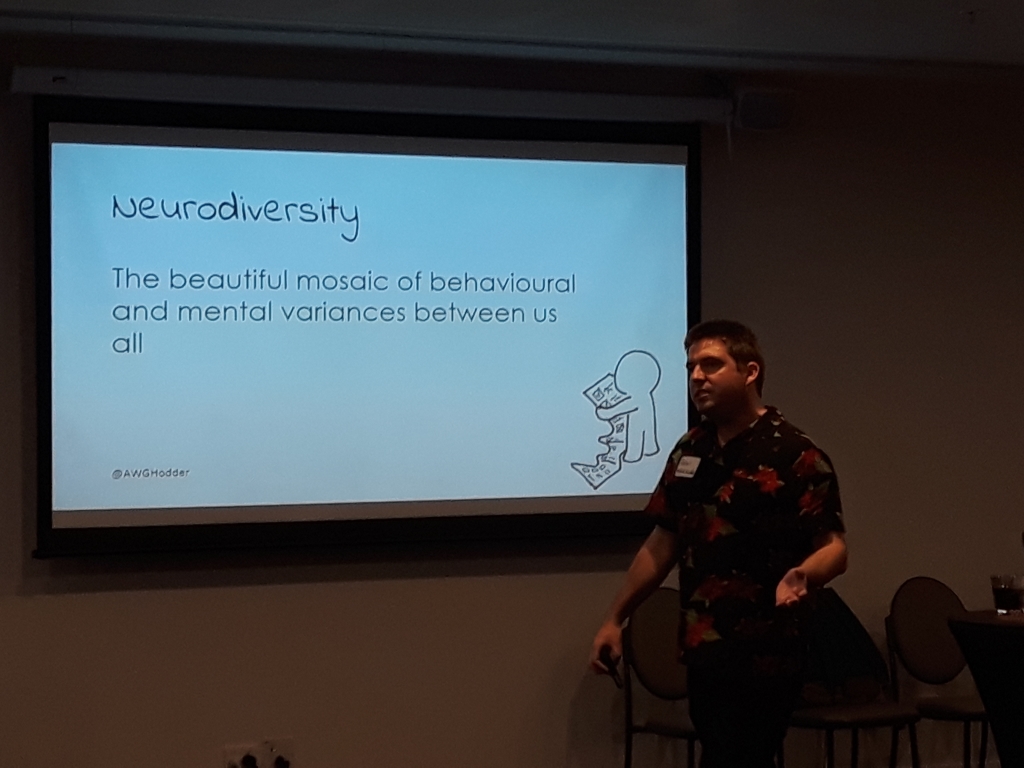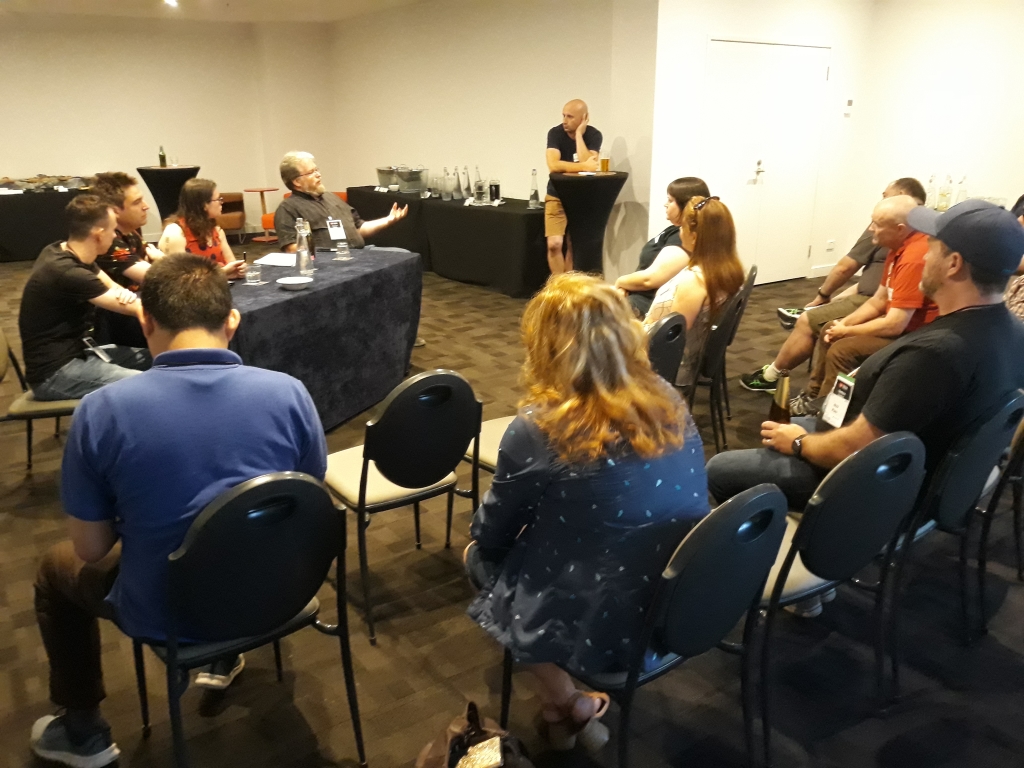It’s time to take the opportunity to review my 2023, a year that has flown by.
Vital statistics
I only published 10 blog posts this year, so didn’t meet my personal target cadence of a post every month. I still enjoy blogging but just haven’t had as many triggers to create posts as in previous years for some reason. My limited activity has probably contributed to the drop in my blog traffic, down by about 40% compared to 2022. Traffic was much heavier during the first quarter than for the rest of the year, reflecting a string of public testing presentations during this time.
One of the most popular posts each year is my critique of the World Quality Report (which I published for the 2020, 2021 and 2022 reports). I missed the recent release of the 2023-24 report, so maybe I’ll get to wading through the latest version early in 2024 and posting my findings as usual!
I’m still on Twitter/X and closed out the year with about 1,250 followers on Twitter, up slightly from last year. I wonder how many testers are still around on this platform and I note that I’m seeing more engagement with my posts on LinkedIn than X now.
Work life
I’ve spent the year working part-time for SSW in my role as Test Practice Lead, the last eight months or so of which have been for a government agency. As my first exposure to government work, it’s been great with an excellent culture and friendly & welcoming colleagues. I’m looking forward to continuing to add value in this role during 2024.
In my own business, Dr Lee Consulting, I’ve focused on my Mentoring offering and have found one-on-one mentoring very rewarding. I find it to be a great learning experience as well as a good opportunity to pass on at least some of what I’ve learned along the way during 25 years in the IT industry. I’m keen to do more in this area, so please let me know if you or your colleagues might be interested in working together. I also launched a new offering, my Second Pair of Eyes service, but have yet to see any traction for it – again, I’d appreciate any leads to kick start this offering.
Testing-related events
I didn’t attend any virtual or in-person testing conferences during 2023, but I did three virtual presentations in the first few months of the year.
First up was an Association for Software Testing (AST) webinar as part of their “Steel Yourselves” series. The idea behind this series is to make the case for a testing idea/concept/approach that you strongly disagree with and I was tasked with defending the need for a testing phase in my session, “Shift Nowhere: A Testing Phase FTW”! I blogged about this experience and you can watch my stab at this difficult task in the second half of the following YouTube video:
I took part in my first “Ask Me Anything” thanks to a webinar by The Test Tribe in which I fielded questions about Exploratory Testing for an hour! This was something new for me and I found it quite challenging, but also enjoyable. I blogged about doing this AMA and a recording of the webinar is on YouTube:
I was pleased to be invited to speak for the Sydney Testers meetup group and I presented a brand new talk, “Lessons Learned in Software Testing” (a deliberate play on the awesome book with the same title) in which I offered a few (potentially contrarian!) lessons I’ve taken away from my long stint in the software testing industry. Thanks to Paul Maxwell-Walters for the invite and it’s great to see Sydney Testers continuing as a large testing community in Australia.
I blogged about my experience of giving this presentation and it was also recorded in full (my talk starts at 32 minutes into the following YouTube video):
I was once again invited to act as a peer advisor for one of Michael Bolton’s virtual “RST Explored” classes running in the Australian timezone. I enjoyed acting in this role back in 2021 and my 2022 experience was great too. I still feel that RST has incredible value and it’s so much more accessible in the virtual format (representing amazing value for money, in my opinion).
Testing books
I made solid progress on the free AST e-book, Navigating the World as a Context-Driven Tester. This book provides responses to common questions and statements about testing from a context-driven perspective, with its content being crowdsourced from the membership of the AST and the broader testing community. I added a further 7 responses in 2023 (bringing the total to 23) and it was good to see a number of new contributors through the year. I will continue to ask for contributions about once a month in 2024. The book is available from the AST’s GitHub.
I failed to publish an updated version of my book An Exploration of Testers during 2023, but hope to do so in 2024. I remain open to additional contributions to this book, so please contact me if you’re interested in telling your story via the answers to the questions posed in the book – and remember that all proceeds from sales of this e-book go to the Association for Software Testing’s excellent Grants program (with another donation from recent sales coming early in 2024).
Reading
My strong reading habit continued during 2023, thanks to the great service from Geelong Regional Libraries. For the first time in many years, I added some fiction into the mix and thoroughly enjoyed doing so. Of the 30-odd books I read this year, the most impactful was From Strength to Strength by Arthur Brooks, while the most engaging fiction came from Hugh Howey’s “Silo” series.
My reading is detailed below (with links to my tweets or blog posts on each of them):
Non-fiction
- Born To Run (Christopher McDougall)
- This Is Marketing (Seth Godin)
- The Blue Zones of Happiness (Dan Buettner)
- The Sports Gene (David Epstein)
- Meltdown (Chris Clearfield & András Tilcsik)
- The Fluoride Deception (Christopher Bryson)
- Silent Spring Revisited (Conor Jameson)
- Living a Committed Life (Lynne Twist)
- When McKinsey Comes to Town (Walt Bogdanich & Michael Forsythe)
- The Carbon Almanac (Seth Godin)
- From Strength to Strength (Arthur Brooks)
- Lockdown (Chip Le Grand)
- Chip War (Chris Miller)
- Different, Not Less (Chloe Hayden)
- The Gap and The Gain (Dan Sullivan & Dr Benjamin Hardy)
- Red Notice (Bill Browder)
- Freezing Order (Bill Browder)
- Excellent Advice for Living (Kevin Kelly)
- Our Final Invention (James Barrat)
- The Daily Stoic (Ryan Holiday)
- Build the Life You Want: The Art and Science of Getting Happier (Arthur Brooks & Oprah Winfrey)
- Billion Dollar Whale (Tom Wright & Bradley Hope)
- Into The Magic Shop (James Doty)
Fiction
- Turtles All The Way Down (John Green)
- Wool (Hugh Howey)
- Shift (Hugh Howey)
- The Mandibles (Lionel Shriver)
- The Last Policeman (Ben Winters)
- Countdown City (Ben Winters)
Volunteering for the UK Vegan Society
I’ve continued to volunteer with the UK’s Vegan Society both as a proofreader and also contributing to their web research efforts. I didn’t tackle many proofreading jobs this year, focusing more on a number of web projects.
I came up with recommendations for changes to the website’s “About Us” page after reviewing many other sites to define what a modern layout and content should look like for the page. I also undertook the mammoth task of reviewing the “Statistics” pages to identify older stats that should be removed as well as researching newer ones to replace them.
The Society is in the process of building a completely new website and I’ve been heavily involved in testing it. It’s been fun to get my hands dirty with some real testing again and it’ll be great to see the new site going live soon!
Outside of my proofreading and web research work, I’ve also written a couple of blog posts, the first was on vegan Christmas desserts and the second on aquafaba! The audience and style are completely different when writing for the Vegan Society so, as a writer, I’m enjoying this challenge and hoping to pen some more blogs for them in 2024.
Working with The Vegan Society is really enjoyable and they handle volunteers very kindly. It was lovely to receive a “thank you” gift of a sponsorship of “Brucey the goose” at Good Heart Animal Sanctuary in recognition of my efforts this year.
In closing
I remain grateful for the attention & support from the readers of my blog and also my followers on other platforms. I wish you all a Happy New Year and I hope you enjoy my posts and other contributions to the testing community to come through 2024.
While I have no confirmed public appearances in 2024 yet, I’m sure I’ll be out and about somewhere either virtually or in-person so I’ll “see you” around…
(Featured image for this post by Jake Weirick on Unsplash)
















